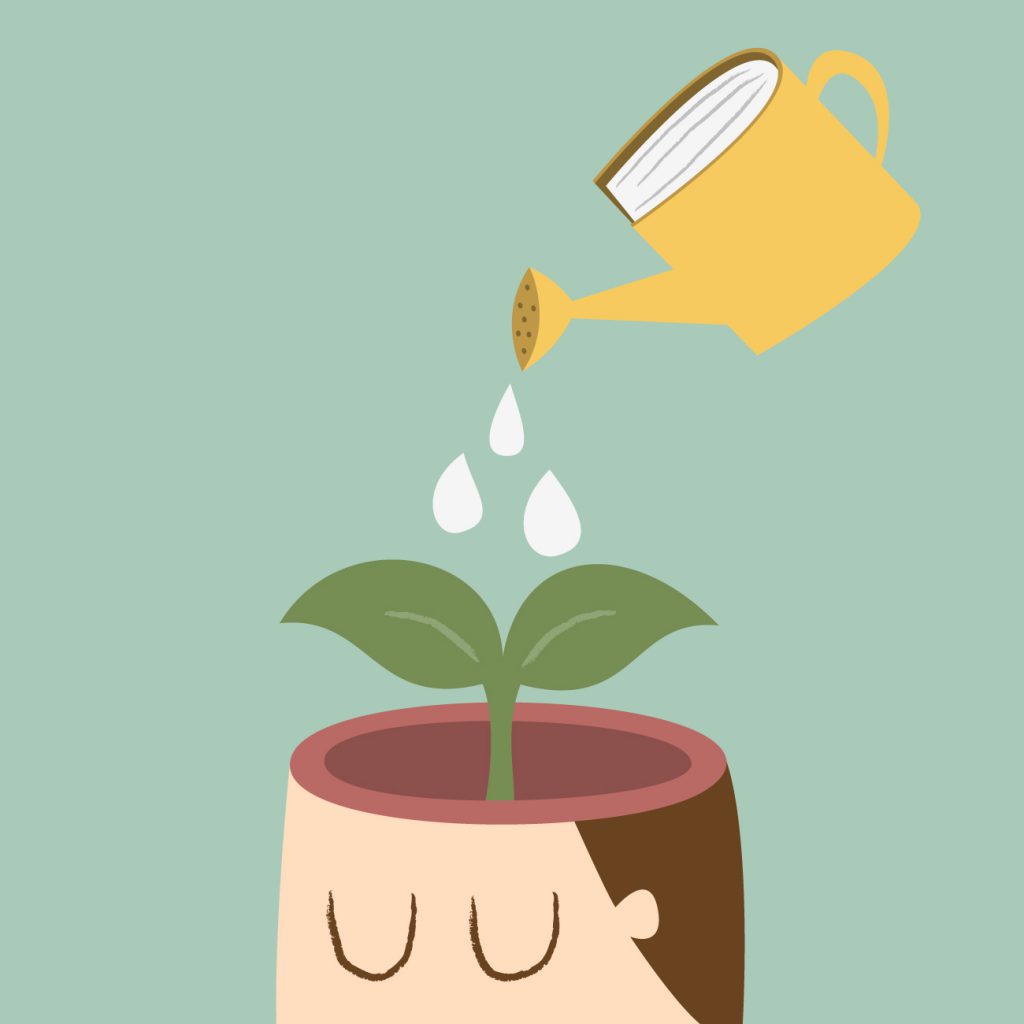Mind-body Connection
The need to track Physical & Mental health together

James (founder)
Once a theory met with much skepticism, an increase in scientific evidence has made sure there can be no denying the effects the mind has on the body. Our thoughts and feelings have been repeatedly shown to cause physiological and biochemical changes in our body.
For example, people suffering with depression are more likely to develop IBS (Irritable Bowel Syndrome), heart disease, psoriasis and many more physical ailments.
It also works the other way, as people suffering with migraines, allergies and numerous inflammatory conditions (such as arthritis) are much more likely to develop depression. While it’s tempting to believe that these individuals are purely depressed due to their constant discomfort, theories are emerging that it’s the inflammation process itself that may actually be causing depression, something discussed at length by Edward Bullmore in his book “The Inflamed Mind”.
Yet, despite all of the evidence, the mind-body connection is still often overlooked, with many health professionals continuing to treat symptoms over the root cause.
In her book “Cure – A Journey into the Science of Mind over Body” Jo Marchant speaks to an NHS (National Health Service) doctor: “We are increasingly pushed to see more patients in less time.” It’s a trend he fears is contributing to a loss of empathy among medical professionals (and in turn to scary rates of depression and burnout)”
This was one of the motivators behind me creating the Bearable App. A lack of resources, as in the NHS, means that health professionals often don’t really have the time to really get to know their patients in order to get to the root cause of their issues.
While this remains unavoidable, being able to come prepared with a neat health diary, detailing not only physical symptoms, but also mental health markers such as mood, stress and anxiety levels, can really help health professionals make a more efficient and accurate assessment of each patient. When you consider the brain fog that often accompanies many health conditions, even remembering your symptoms alone can be difficult, let alone your mood fluctuations, especially when feeling pressured by the limited time you have to get everything across to your health professional.
For this reason we’ve tried to make our entry process as simple and accessible as possible, with only a few simple clicks per day needed to accumulate some really useful information, without even having to write anything unless you feel the need to go into more detail. Even other health data such as sleep, steps, weight, blood pressure and heart rate can be uploaded automatically from Apple Health/Google Fit to see alongside your mood and symptoms.

Let’s look at some other ways journaling can help nourish the mind-body connection:
1. Belief shifts biology - Overcome self doubt
When someone is given a placebo that they believe to be a painkiller, their brain produces its own natural versions of morphine (known as endogenous opioids), which produce a very evident reduction in pain. Clearly then the pain is not ‘all in the mind’. As far as current research goes, the brain produces what it needs to produce to give us what we expect to happen. Expectation and belief shift biology.
How journaling can help: Regularly noting down your thoughts can help you to notice the stories you’re telling yourself that could be holding you back from making healthy changes. You can then challenge these negative beliefs. Examine your excuses and ask yourself whether they are indeed true, and why you’ve been so sure. Eventually you can create a new story for yourself. You’ll start to build trust that you can keep up healthy habits, such as journaling and even using our gratitude feature to make sure you find at least one positive in the day.
2. Notice the physical effects of emotions - Feel more in control
Emotions are much more than just our ‘feelings’. Just as we can’t detach an emotion from its impact on facial muscles, we can’t separate feeling an emotion from a series of corresponding brain chemistry changes. Our emotions can alter blood flow, increase or decrease heart rate, and even increase or decrease production of specific hormones. For example, when you feel stressed, stress hormones such as cortisol are released, which can impact digestion, and as a result produce symptoms such as indigestion.
How journaling can help: Keeping a record of your fluctuating moods helps bring your attention to how your physical symptoms might present themselves depending on whether you feel happy, loved, optimistic, stressed, upset or angry. Once you start to notice patterns you might start to feel more in control of your symptoms, comforted in the knowledge that you have experienced them before as a result of certain emotions and as they did then, will soon pass. As you continue to learn about the physical impact of your own feelings, good and bad, this will only serve to nourish your mind-body connection.
Most applications understandably want to keep things simple, therefore focusing solely on individual health components, resulting in many mood diaries, symptom trackers, fitness trackers and food diaries. But I believe it makes no sense to keep all of these things separate when you consider the effect each can have on one another. That’s why I created Bearable.
I truly hope I have the privilege of helping you to start to reclaim control over your health, and that you can find some respite in using Bearable when everything else feels overwhelming.
Help me to spread the word about Bearable!
mood symptoms depression anxiety tracker tracking diary health mental bearable app webmd daylio symptom calendar stats blog chronic disease medication reminders gratitude best mobile app stats patterns graphs customizable multiple fibromyalgia bipolar mind body connection nhs
Coming soon.
No sign-up required.
Download Bearable for free and start to reclaim control over your well-being.


